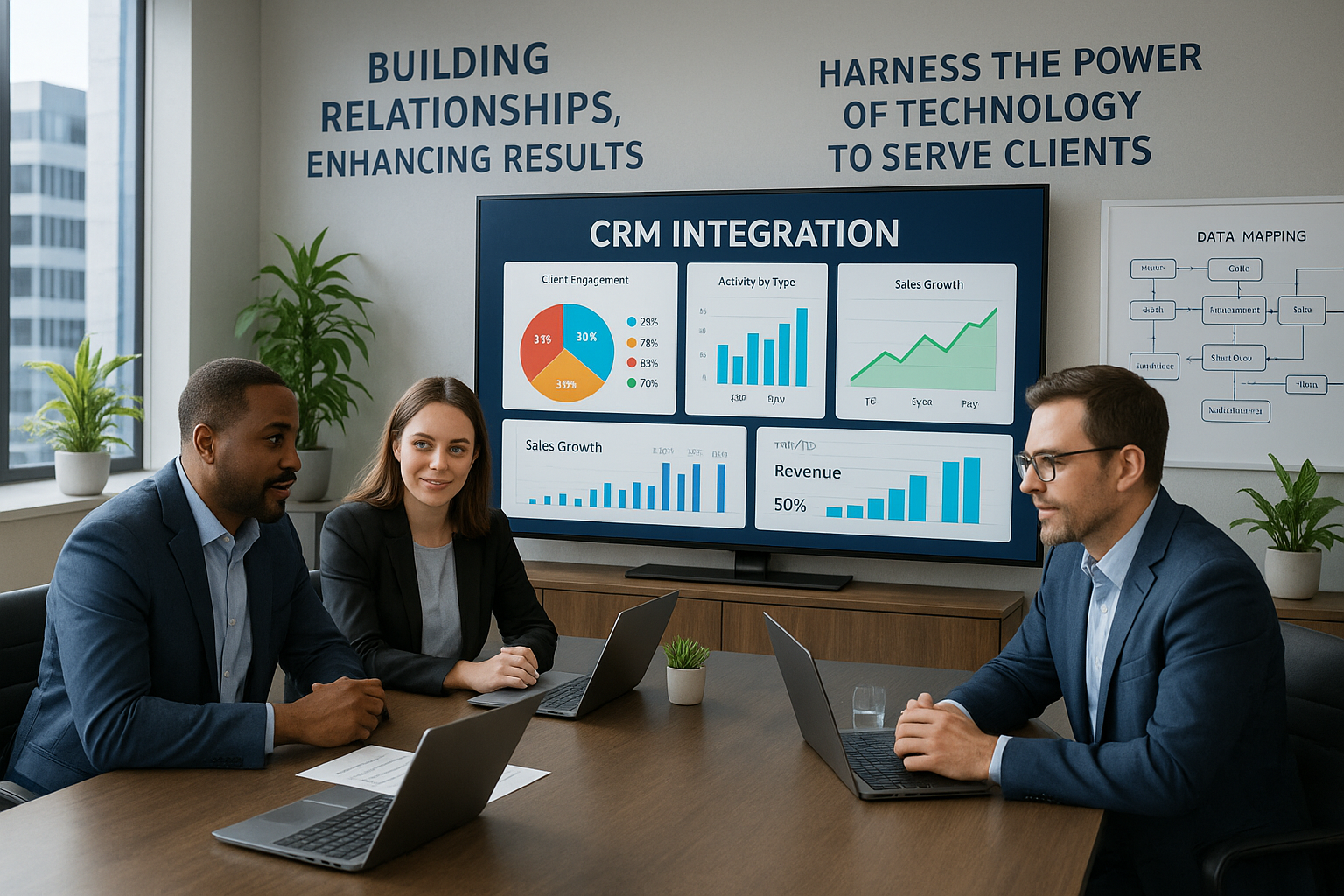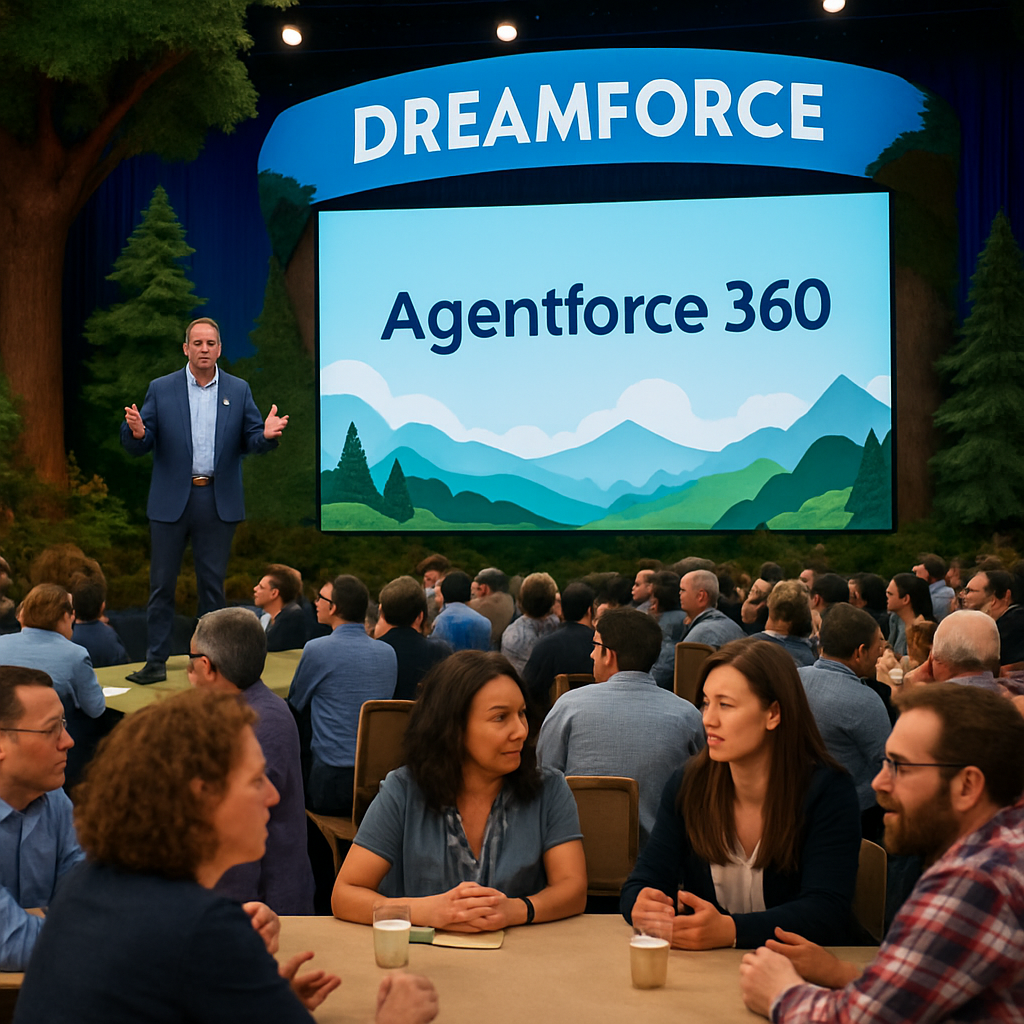
Unlock seamless sales and marketing alignment by mastering HubSpot Salesforce integration, tailored for financial services success.
Why Financial Services Firms Need Seamless CRM Integration
In the financial services industry, client relationships are paramount. A seamless CRM integration between HubSpot and Salesforce ensures that all client interactions, from marketing emails to sales calls, are recorded in one place. This unified approach provides a comprehensive view of each client, enabling advisors to offer personalized service and build stronger relationships.
Moreover, a well-integrated CRM system enhances operational efficiency by reducing manual data entry and minimizing errors. This allows financial advisors to focus more on client engagement rather than administrative tasks, ultimately driving business growth and client satisfaction.
Overcoming Common Integration Challenges in the Finance Sector
Integrating HubSpot with Salesforce in the financial sector often presents unique challenges, such as data security concerns and regulatory compliance. To mitigate these risks, it is essential to implement robust data protection measures and ensure that both platforms comply with industry regulations like GDPR and FINRA.
Another common challenge is managing data consistency across both platforms. This can be addressed by establishing clear data mapping protocols and using middleware solutions to facilitate smooth data transfer and synchronization. Regular audits and updates to the integration setup can further help in maintaining data accuracy and consistency.
Mapping Data for Compliance and Accuracy
Data mapping is a critical step in ensuring compliance and accuracy during CRM integration. Financial firms must carefully map data fields between HubSpot and Salesforce to ensure that all necessary information is captured correctly and complies with regulatory requirements.
To achieve this, firms should work with integration experts who understand the complexities of financial data and compliance standards. Automated tools can also be employed to monitor data integrity and flag any discrepancies, ensuring that client information remains accurate and up-to-date across both platforms.
Optimizing Workflow Automation for Client Engagement
Workflow automation is a powerful feature of the HubSpot and Salesforce integration that can significantly enhance client engagement. By automating routine tasks such as follow-up emails, appointment scheduling, and client onboarding, financial advisors can provide timely and personalized communication without manual intervention.
To optimize workflow automation, firms should first identify key client touchpoints and design automated workflows that cater to these interactions. Regularly reviewing and refining these workflows based on client feedback and performance metrics can help in continuously improving client engagement and satisfaction.
Measuring Success: KPIs to Track Post-Integration
Measuring the success of your HubSpot Salesforce integration requires tracking key performance indicators (KPIs) that reflect both operational efficiency and client satisfaction. Important KPIs to monitor include lead conversion rates, client retention rates, and the average time spent on administrative tasks.
Additionally, tracking the accuracy of data synchronization and the number of automated tasks completed can provide insights into the effectiveness of the integration. Regularly reviewing these KPIs and making data-driven adjustments can ensure that the integration continues to deliver value and supports business growth.



